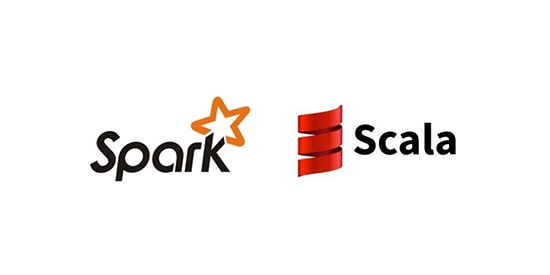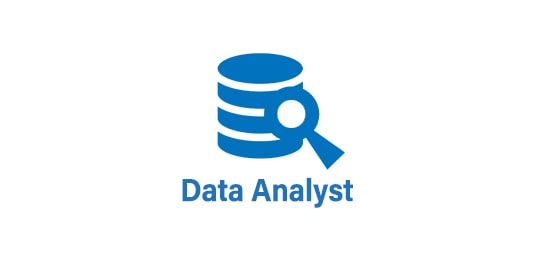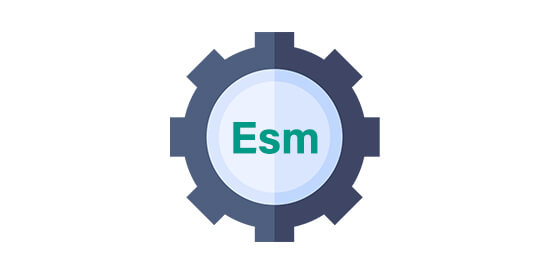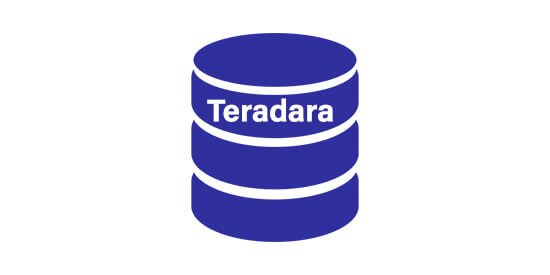bigdata appliance

Big Data Appliance Course
Big Data Appliance Training is a course in which you will learn about different hardware and softgware provided by Oracle. The course will let you know the ways of handling unstructured and structured data. You will al,so know the working of Oracle Exadata Database Machine and the Oracle Exalytics Business Intelligence Machine. Both tehse machines have the task of loading data into Oracle Database 11g and above after consolidation.
Course Overview
The Big Data Appliance Training will let you know about handling structured and unstructured data and adding it to an Oracle database. Various things included in this course are Oracle NoSQL database, Oracle Data INtegrartor for Hadoop, Oracle Loader for Hadoop, Oracle Linux, etc. Our instructors will teach you all the concepts.
Big Data Appliance Certification Key features
- Get Big Data Appliance tutorial for beginners and experts
- Prepare for a real interview through Big Data Appliance Training interview questions
- Support available 24/7
- Mock test and mock interview sessions will be arranged
- A resume preparation facility will be available
- Job placement will be done after course completion
Who should take Big Data Appliance Course?
The course can be taken up by the following people.
- Application developers
- Database Administrators
- Database Developers
Top Hiring Company

Industry Trends

Course curriculum / Syllabus
- Defining Big Data
- Big Data Evolution
- Introducing NoSQL Database
- NoSQL Database versus RDBMS
- Consideration Points Before Opting for NoSQL Database
- Oracle Big Data Solution
- HDFS
- Defining the Oracle NoSQL Database
- Key Features and Benefits
- Supported Data Types
- How Does the Oracle NoSQL Database Work?
- Components of the Oracle NoSQL Database
- Partitions and Key Value Pairs
- Accessing KVStore
- Introducing KVLite
- Schema Structure
- What is a Key Component?
- Identifying the Major Key
- Identifying the Minor Key
- Process of storing Key in the Oracle NoSQL Database
- Design Considerations for Key Components
- What is a Value Component?
- Types of Value Component
- Understanding the Write and Read Process
- Understanding Consistency
- Default Consistency
- Applying Consistency
- Predefined Consistency
- Time Based Consistency
- Version Based Consistency
- Understanding the Write Process
- Understanding Durability
- Default Durability
- Applying Durability
- Synchronization Based Durability
- Acknowledgement Based Durability
- Credit card approval application
- Analyzing the Data
- Designing the Schema
- Identifying the Key Structure
- APIs: Overview
- Tasks of the Administrator
- KVStore Components: Review
- Replication Nodes, Shards, and Partitions
- Balancing a KVStore
- Security
- Defining Key Terms (Latency, Throughput, Cache)
- Deploying a KVStore
- Analyze Workload
- Analysis: Tasks
- Estimating Record Size
- Estimating Workload
- Determining Throughput Requirements
- Determining Store Configuration
- Determining Cache Size
- Prerequisites Checklist
- KVHOME and KVROOT
- Installation Steps
- Creating Directories
- Extracting Software
- Verifying the Installation
- Steps for Configuring the Installation
- Using the makebootconfig Utility
- Configuration Tools
- Introducing Plans
- States/Life cycle of a Plan
- Reviewing and Tracking Plans
- Introducing the Admin Console
- Configuring KVStore
- Creating a Data Center
- Creating a Storage Pool
- Introducing KVStore Parameters
- Parameters List
- Viewing Parameters
- Changing Parameters Using CLI
- Changing Parameters Using Admin Console
- Setting Admin Parameters
- Setting Storage Node Parameters
- Setting Replication Node Parameters
- Factors Affecting KVStore Performance
- Introducing JE Cache Size
- Estimating JE Cache Size
- Setting JE Cache Size
- Introducing Java Heap Size
- Optimizing Key Size
- Logging Garbage Collection Activity
- Backup Process
- Introducing Snapshots
- How to use Snapshots?
- Managing Snapshots
- Methods to Recover KVStore
- Recovering KVStore: Using a Load Program
- Recovering KVStore: Using a Snapshot
- Updating an Existing Deployment
- Verifying a KVStore
- Monitoring a KVStore
- Replacing a Failed Storage Node
- Fixing Incorrect HA Port Ranges
- KVStore Handle
- Creating a KVStore Handle
- Using KVStoreFactory Class
- KVStoreFactory Class Definition
- Using KVStoreConfig Class
- KVStoreConfig Class Definition
- Creating a KVStore Handle: Example
- View KVStore Parameters' Default Values
- Structure of a Record: Review
- Creating a Key Component: Overview
- Creating a Major Key Component
- Creating a Minor Key Component
- Creating a Key: Examples
- Creating Value Components: Overview
- Creating a Value Component
- Creating Value Components: Examples
- The Load Process
- Creating a Load Program
- Methods Available to Write Records to KVStore
- Using the put() Method
- Reviewing a Sample Load Program
- Record Structure identification of the Sample Data
- Running the Sample Load Program
- Retrieving Records Methods: Overview
- Using get()
- get(): Example
- Using multiGet()
- mutiGet(): Example
- Key Range
- Creating a Key Range
- Key Depth
- Methods: Overview
- putIfAbsent(): Use Case
- Performing a Create Operation
- putIfPresent(): Use Case
- Performing an Update Operation
- Deleting a Single Record
- Deleting a Single Record: Example
- Deleting Multiple Records
- Understanding Exceptions
- Oracle NoSQL Database Exceptions
- RequestTimeout Exception
- Methods that Throw RequestTimeout Exception
- Handling RequestTimeout Exception
- RequestLimit Exception
- Methods that Throw RequestLimit Exception
- Handling RequestLimit Exception
- Consistency: Review
- Viewing the Default Consistency
- Using Pre-defined Consistencies
- Over-riding the Default Consistency
- Changing the Default Consistency
- Creating Time Based Consistency
- Creating Version Based Consistency
- Durability: Review
- Viewing the Default Durability
- Setting Synchronization-based Durability
- Creating a New Durability Policy
- Transactional Operation
- Executing a Transactional Operation
- OperationFactory: Methods
- Handling Exceptions
bigdata appliance FAQ’s:
Yes. We will conduct a mock interview for training purposes.
Yes, we do. We will provide you with sample materials.
If you want to refresh your knowledge, you can consult the Big Data Appliance tutorial.
Yes, you will receive a certificate from QTSInfo upon completion of the Big Data Appliance Training online training.
You can attend an introductory lesson and then decide whether or not to attend the course.
Enquire Now
Why QTS INFO
Best Virtual training classrooms for IT aspirants
Real time curriculum with job oriented training.
Around the clock assistance
We are eager to solve your queries 24*7 with help of our expert faculty.
Flexible Timings
Choose your schedule as per your convenience. No need to delay your work
Mock projects
Real world project samples for practical sessions







